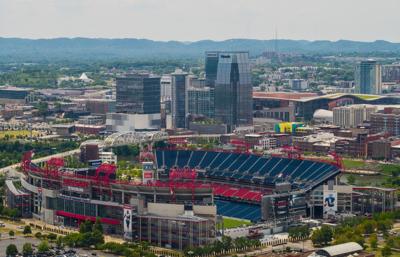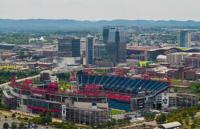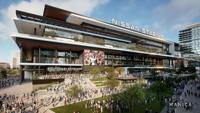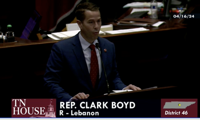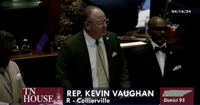(The Center Square) — Nashville’s Metro Council approved a $2.95 billion budget on Tuesday night that included $200,000 for a study on the city’s current obligation under its lease with the Tennessee Titans, according to Main Street Nashville.
The largest portion of funding is $1.1 billion that will go to Metro Schools.
The "study of Nissan Stadium obligations," put into the budget by Metro Nashville Budget and Finance Chair Burkley Allen, is an attempt by council members to evaluate the Tennessee Titans’ claim that the city would owe $1.839 billion under the terms of the team's current lease if Nissan Stadium in Nashville was renovated instead of having a new estimated $2.2 billion stadium built.
In May, Titans CEO Burke Nihill gave the estimate to the finance committee of the Metro Nashville Sports Authority based on a clause in the stadium lease that calls for keeping the stadium in "first-class condition to keep pace with comparable facilities."
Nihill said at that meeting that he estimated the city is obligated to pay $945 million for near-term stadium renovations and $894 million for maintenance and upgrades between 2026 and 2039 if the Titans were to use their option to renew the Nissan Stadium lease. A new lease would leave the Titans in charge of paying for stadium maintenance after the initial costs.
Economist J.C. Bradbury, of Kennesaw State University in Georgia, said that half of the NFL's stadiums will reach the age of 30, when stadiums are typically replaced, in the next nine years.
Several council members have referenced a 2017 city-funded analysis estimated that Nissan Stadium required $293.2 million in capital improvements over 20 years.
Nihill said that the city's 2017 assessment was an estimate of necessary stadium repairs, which would cost more now in construction costs, but it was not an estimate of what the team believes is required by the city in order to fulfill the "first-class" clause, which Nihill said means NFL stadiums built between 1989 and 2009, including Miami's renovated Hard Rock Stadium, FedEx Field in Maryland, Bank of America Stadium in Charlotte and Paul Brown Stadium in Cincinnati.
After Nihill’s presentation, TJ Ducklo, Chief Communications Officer and advisor to Nashville Mayor John Cooper, said "We have no plans to commission another study to tell us what we already know: Renovating the stadium would cost Nashvillians hundreds of millions of dollars."
But the council decided this week that it would conduct that study before committing public financing to a new stadium.
Funding would include $500 million from the state of Tennessee along with Nashville’s portion of taxes for sales at the stadium and half of the taxes from sales on 130 acres planned to be developed outside the stadium. Tennessee has conceded a 5.5% sales tax at the stadium and 2.75% sales talks in the future development outside the stadium while also approving a 1 percentage point increase in a hotel-motel tax in Davidson County.
Team ownership and an NFL loan are expected to pay $700 million toward the stadium and will be responsible for any construction overages.
